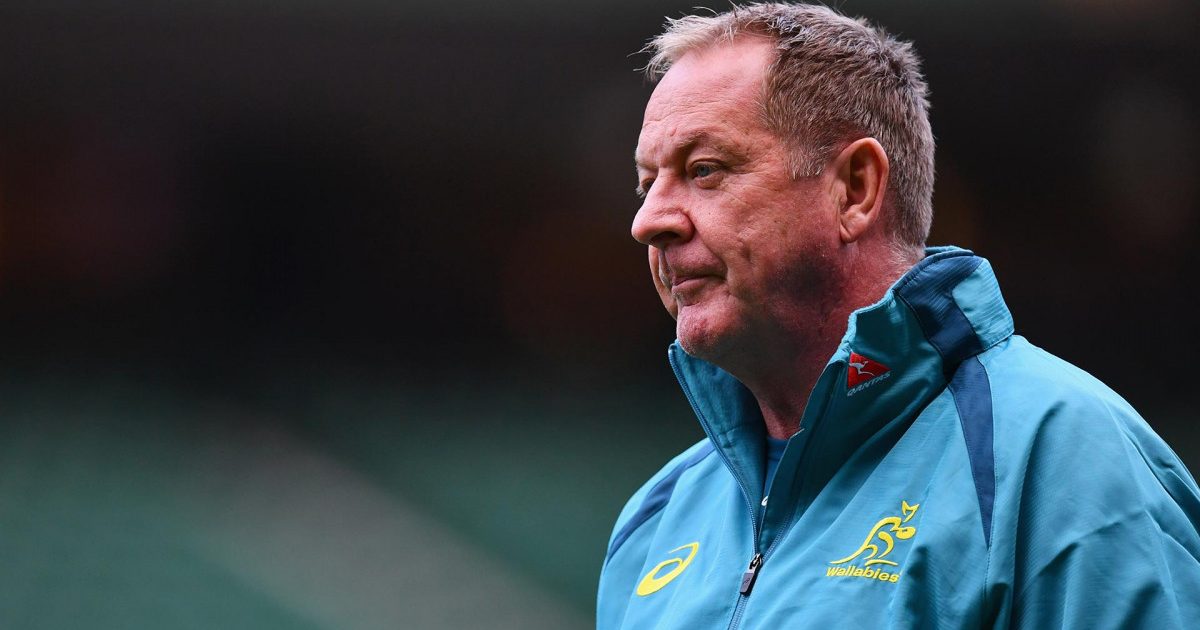Ex-All Blacks and Wallabies coach named Fijian Drua head coach

Former All Blacks and Wallabies skills coach Mick Byrne has been unveiled as head coach of the Fijian Drua for their inaugural season in Super Rugby Pacific.
Byrne was revealed as the Drua’s new head coach on a Fiji Rugby press conference on Friday, with the 62-year-old signing a two-year deal with the expansion franchise.
The Drua’s acquisition of Byrne is a significant coup given his experience not only as a professional rugby coach, but also as a player in the Victorian Football League, now known as the AFL, between 1977 and 1989.
A rangy ruckman for Melbourne, Hawthorn and the Sydney Swans, Bryne applied his knowledge of kicking as an Australian footballer to a coaching career in rugby union.
Since crossing football codes, Byrne, who won the VFL Premiership with Hawthorn in 1983, has gone on to coach various teams at both international and Super Rugby level.
During his time with the All Blacks, Byrne won two World Cups as skills coach over a decade-long period between 2005 and 2015.
He then cross the ditch to return to his native Australia in 2016, where assumed the same role with the Wallabies until last January after having previously working for the side as a kicking coach in 1998.
Byrne was also an assistant coach for the Blues between 2012 and 2014 and Japan between 2009 and 2011, both times of which he was responsible for the forwards, the breakdown, skills and kicking, and has been part of the Scottish coaching set-up.
More recently, Byrne has held roles as the director of rugby at Austin Gilgronis in Major League Rugby and led the Canadian women’s sevens team to the Tokyo Olympics last month after having worked as a consultant for the team since 2012.
The acquisition of Byrne comes after the Drua announced they had signed the first five players for their 2022 Super Rugby Pacific squad on Monday.
Those players were Tokyo Olympics gold medallist Napolioni Bolaca, one-test hooker Tevita Ikanivere, Bay of Plenty wing Onisi Ratave, experienced loose forward Nemani Nagusa and two-test halfback Simione Kuruvoli.
Bryne will be assisted by Nacanieli Cawanibuka, who was also confirmed as the Drua’s head of athletic performance after having previously worked for Fiji’s national sevens side.















